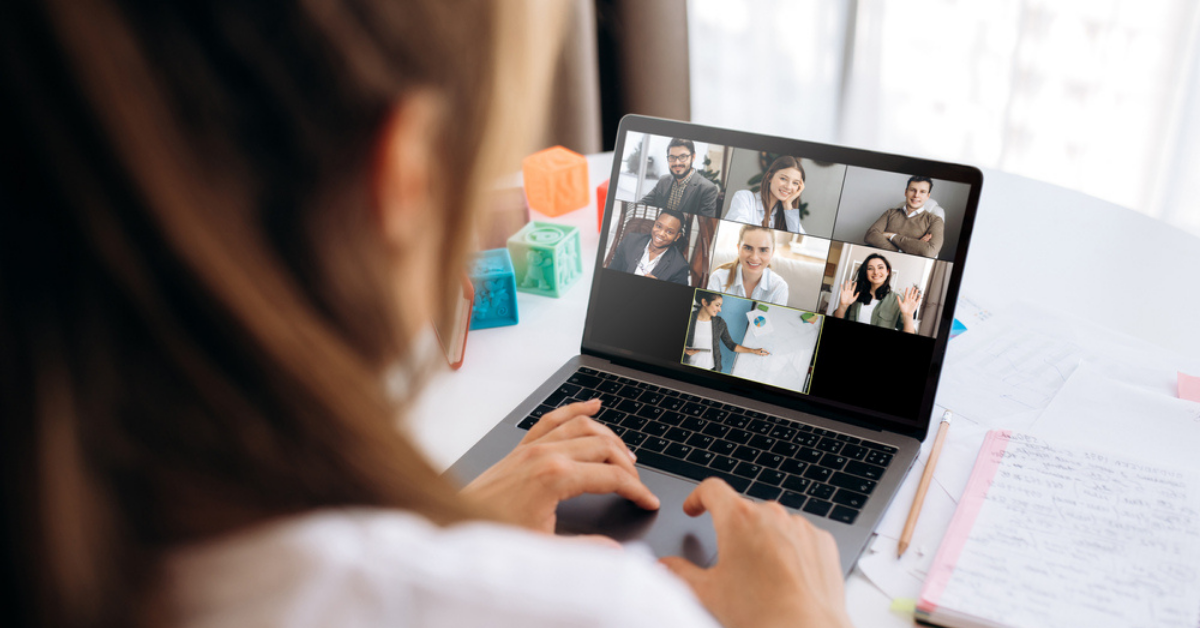The future of work – a new way of working

The future of work – a new way of working
2020 will be the year that changed the way many people work. COVID-19 introduced both societal and organisational shifts, with businesses and their employees forced to adapt quickly to new ways of working that included work being carried out remotely and with increased flexibility.
Although it took us by surprise, it has perhaps brought forward many businesses’ plans to create workplaces of the future. It’s presented an opportunity to act now and redefine the future of work, building on what’s been learned throughout the pandemic.
For employees, removing a stressful commute and the need for smart business clothes and adding the ability to get the washing on while the kettle boils has proved a success.
In turn, businesses have experienced increases in productivity and now see further potential to reduce overheads. If working remotely becomes the new way of working, office spaces will be smaller, reducing the cost of rent, cleaning and heating/cooling, even if there is a need to invest in IT systems and cyber security.
So, what might our workplace of the future look like, and what might it mean for our environment, social skills and work productivity?
It all starts with strong leadership. Business leaders must map out a path for the return to work, whilst learning from the lessons of COVID-19 to create their workplaces of the future. It’s a significant opportunity to drive positive change – change that might otherwise have taken years to design and implement, jumping through corporate hoops.
As well as the physical environment, leaders need to recognise managing virtual teams is quite different from face-to-face. The norms that emerge during face-to-face contact take longer to establish via a screen and require far more nurturing and intuition. Employees need to understand what's expected of them, how decisions are made, what are the appropriate communication channels and how their performance will be measured.
A happy medium
As we return to work, some workplaces will advance quickly, transforming themselves into workplaces of the future, where people and technology co-exist effortlessly. Others may take longer to establish new ways of working. But either way, the future of work is certain to be different from what we’ve known before.
All changes must be sustainable to enable a meaningful, long-term recovery. And while health and safety dominate initial return to work plans, productivity must also be a key consideration. We’ll likely transition to a world where employees will be able to choose how they manage their time between working within the office and remotely.
Source: BT
